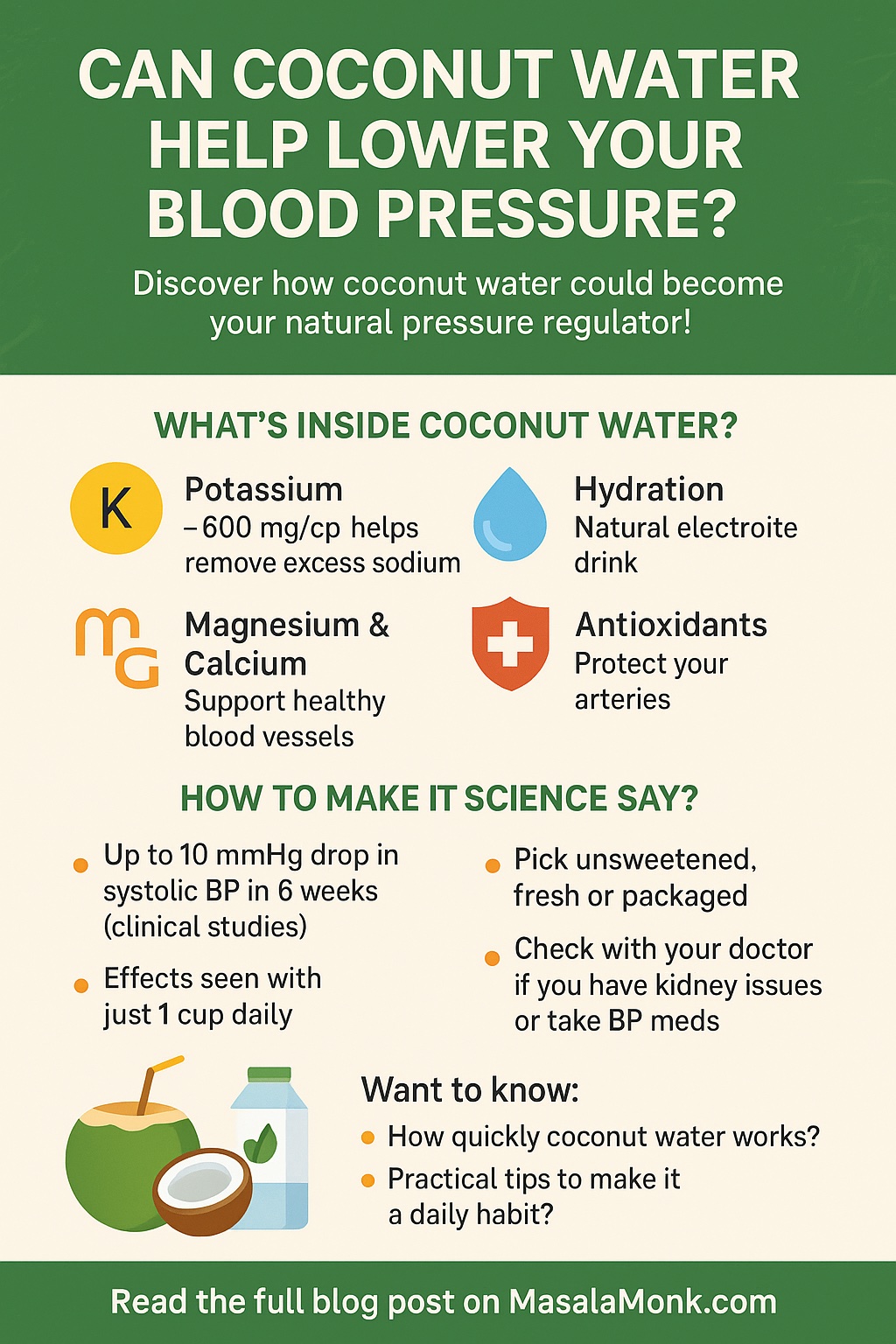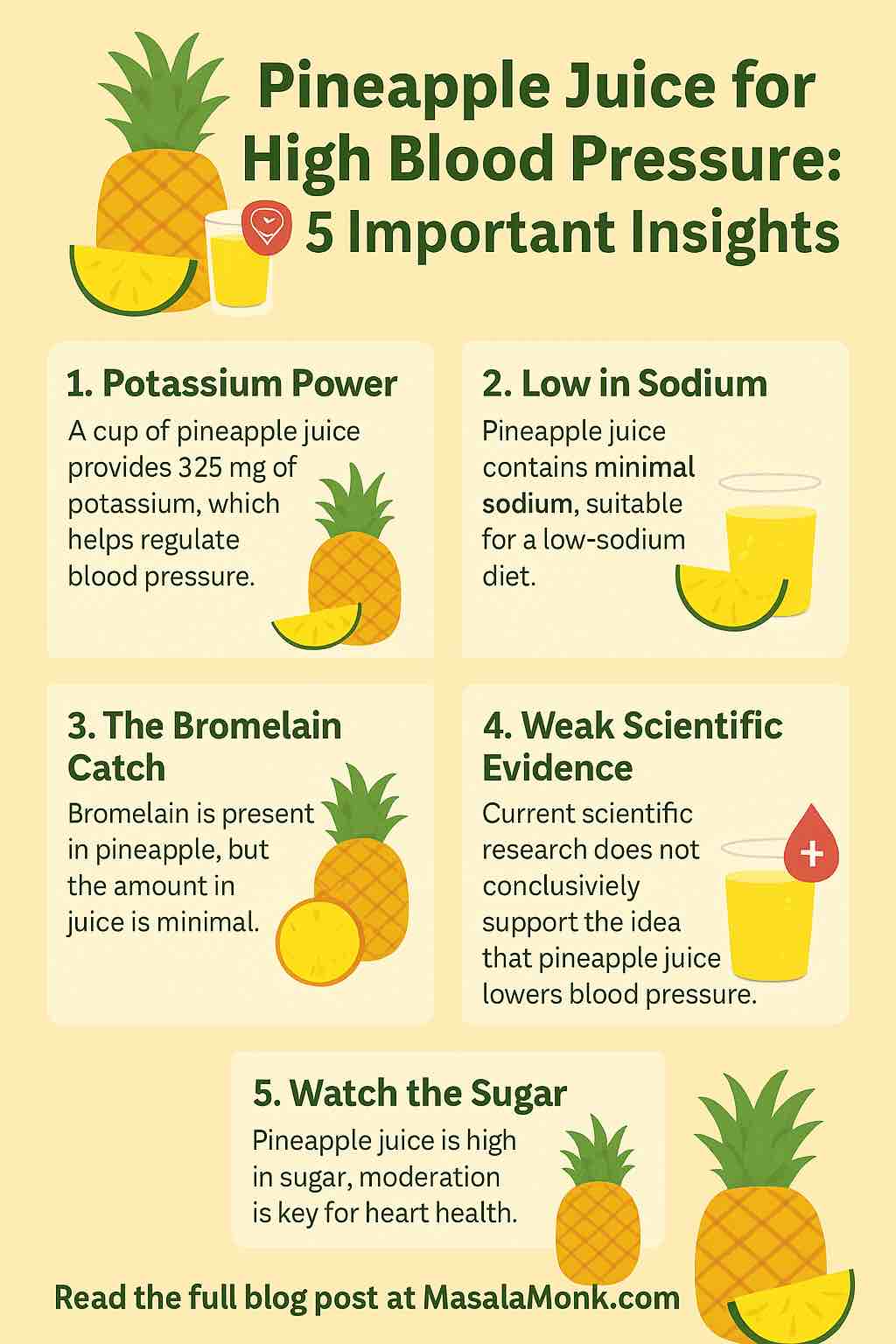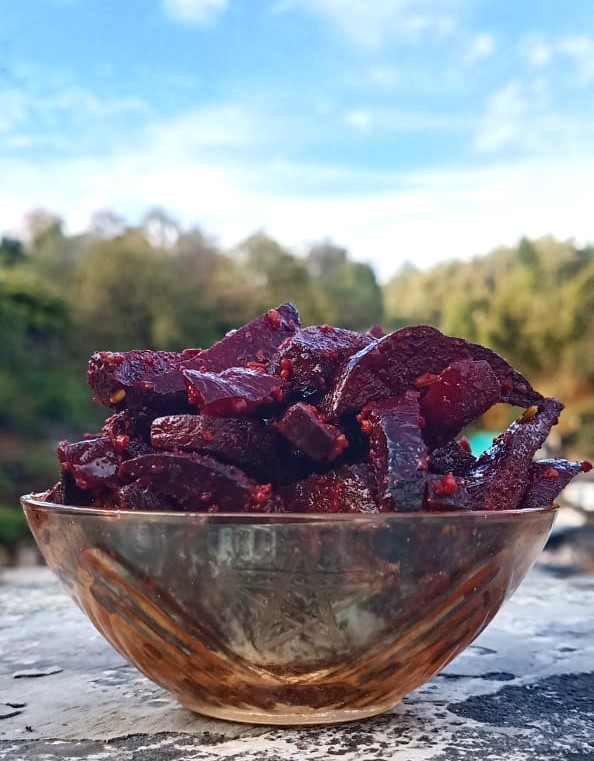
High blood pressure, or hypertension, is a silent epidemic affecting more than 1 billion people worldwide. It’s called the “silent killer” because you often don’t feel symptoms—yet it quietly increases your risk of heart attacks, strokes, and kidney disease. While medication and lifestyle changes are the mainstay of treatment, there’s growing excitement around natural remedies that can be added to your daily routine. One such contender? Coconut water.
In this post, we’ll dive deep into how coconut water works as a natural pressure regulator, the latest research, and how you can use it to support your health—practically, safely, and deliciously.
Why Blood Pressure Matters
Blood pressure measures the force of blood pushing against the walls of your arteries. When that force is consistently too high, your heart works harder, and your arteries become damaged over time.
Normal: Under 120/80 mmHg
Hypertension: 130/80 mmHg or higher (for most adults)
Managing blood pressure is crucial for long-term well-being. Alongside regular exercise, maintaining a healthy weight, reducing salt intake, and managing stress, dietary tweaks can make a real difference.
Meet the Natural Regulator: Coconut Water
If you’ve cracked open a green coconut on a hot day, you know how refreshing coconut water is. But it’s not just a tasty thirst-quencher—it’s loaded with nutrients that support heart health, particularly for blood pressure management.
What’s Inside Coconut Water?
- Potassium (~600 mg per cup): Helps your body get rid of excess sodium, relaxing blood vessel walls.
- Magnesium & Calcium: Support healthy muscle and blood vessel function.
- Antioxidants: Fight oxidative stress, which is linked to high blood pressure.
What Does Science Say? The Latest Research
Coconut water’s reputation as a blood pressure ally isn’t just folklore. Let’s look at the most recent evidence:
1. Six-Week Nigerian Study (2025)
- 70 hypertensive adults drank 300 mL of tender coconut water daily for 6 weeks.
- Results:
- Systolic (upper number): Dropped from ~146 to 135 mmHg
- Diastolic (lower number): Fell from ~94 to 87 mmHg
- Control group? Minimal change.
2. Indonesian Trials (2022–2023)
- 150–300 mL daily in adults and elderly with mild hypertension.
- Results:
- Systolic blood pressure dropped by up to 29 mmHg in some cases.
- Diastolic pressure saw significant reductions too.
- Effects observed in as little as one week for some participants.
3. Caribbean Study (2005)
- Compared coconut water, a local herbal drink, and a combination.
- 71% of coconut water drinkers saw a noticeable drop in systolic BP (6–17 mmHg).
Takeaway: Regular, moderate consumption of coconut water can lower blood pressure, especially in people with mild hypertension. The most consistent results come from drinking about 150–300 mL daily for at least 1–6 weeks.
How Does Coconut Water Work Its Magic?
Potassium Power
- Potassium helps your kidneys flush out excess sodium—the main dietary culprit behind high blood pressure.
- It also relaxes the walls of your blood vessels, lowering resistance and thus, your pressure.
Magnesium & Calcium
- Both minerals contribute to the proper contraction and relaxation of blood vessel muscles.
- A deficiency in these minerals has been linked to higher blood pressure.
Antioxidants
- Help protect the delicate lining of blood vessels from damage, reducing inflammation and supporting normal function.
Practical Tips: Adding Coconut Water to Your Routine
How Much Should You Drink?
- 150–300 mL (about ½ to 1¼ cups) daily is the sweet spot according to the latest research.
- Consistency matters: Aim for daily use over at least several weeks to see results.
What Kind Should You Choose?
- Fresh is best: Water from a young green coconut is ideal.
- Packaged is fine—as long as it’s unsweetened and has no added flavors or preservatives.
- Check the label: Some brands sneak in sugar, which defeats the purpose!
When Should You Drink It?
- Anytime! Many people enjoy it first thing in the morning, as a mid-day refresher, or post-exercise.
Who Should Be Careful?
While coconut water is safe for most people, a few groups need to take extra care:
- Kidney issues? Too much potassium can be harmful if your kidneys aren’t working properly.
- On certain blood pressure or heart medications? Check with your doctor, as potassium can interact with some drugs.
- Diabetes? Coconut water contains natural sugars—track your carb intake.
Beyond Blood Pressure: Other Benefits
- Hydration: Coconut water is a natural electrolyte drink—great after sweating or exercise.
- Digestive support: Its mild diuretic effect can help with bloating.
- Weight-friendly: It’s low in calories compared to sodas or juices.
The Bottom Line
Coconut water is a delicious, natural, and research-backed way to support healthy blood pressure.
Drinking 150–300 mL daily, as part of a balanced lifestyle, can help lower both systolic and diastolic blood pressure—especially for those with mild hypertension. Choose unsweetened varieties, be consistent, and always consult your doctor before making major changes, especially if you have kidney issues or take medications.
Here’s to a healthier heart, one sip at a time!
Got questions about coconut water, heart health, or want more practical nutrition tips? Drop them in the comments below!
10 FAQs about Coconut Water and High Blood Pressure
1. How much coconut water should I drink to help lower my blood pressure?
Most studies support drinking 150–300 mL (about ½ to 1¼ cups) of unsweetened coconut water daily for several weeks to see potential benefits.
2. Can I replace my blood pressure medication with coconut water?
No. Coconut water can support healthy blood pressure but should never replace prescribed medication. Always consult your doctor before making any changes.
3. How soon will I see results if I start drinking coconut water every day?
Some studies have observed reductions in blood pressure within one week, but most recommend allowing at least three to six weeks for consistent results.
4. Are there any side effects to drinking coconut water daily?
Coconut water is safe for most people, but overconsumption can lead to too much potassium, especially for those with kidney problems. Monitor your intake and consult your doctor if unsure.
5. Can people with diabetes drink coconut water?
Yes, in moderation. Coconut water contains natural sugars, so people with diabetes should track their carbohydrate intake and choose unsweetened varieties.
6. Is coconut water more effective than eating potassium-rich foods like bananas?
Both coconut water and bananas are good potassium sources. Coconut water offers hydration and additional minerals, but it’s best used as part of a balanced diet.
7. What’s the best time of day to drink coconut water for blood pressure?
Any time works, but many people enjoy it in the morning or after physical activity for hydration. Consistency is more important than timing.
8. Should I choose fresh coconut water or is packaged coconut water okay?
Fresh is ideal, but packaged coconut water is also effective—just make sure it’s unsweetened and has no added preservatives or flavors.
9. Who should avoid drinking coconut water regularly?
People with kidney disease, those taking potassium-sparing medications, or anyone on a restricted potassium diet should avoid regular intake without medical advice.
10. Can coconut water prevent high blood pressure from developing?
It may help support normal blood pressure when combined with a healthy diet and lifestyle, but it is not a guaranteed preventive measure.













